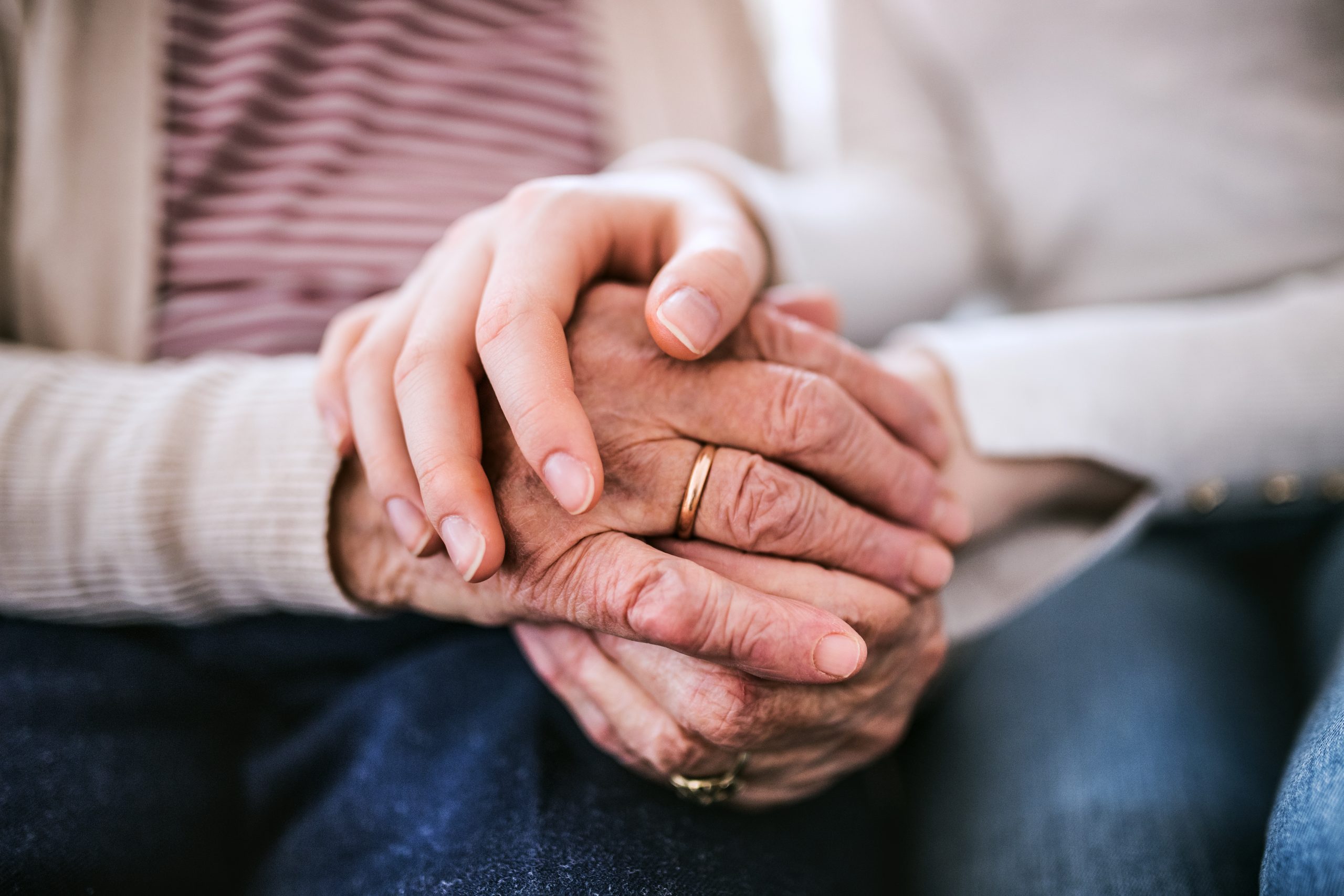Two books, Atul Gawande’s Being Mortal: Medicine and What Matter in the End and Roz Chast’s Can’t We Talk About Something More Pleasant, explore the real “gray” behind the graying of America. We all know the statistics: the number of Americans 65 and older is expected to double by the middle of the century, over 20% of the US population will be over 65 by 2050 as compared to less than 10% in 1970, Health and Medicare costs will continue to rise as Social Security runs out, etc.
Confronting the Loss of Physical and Mental Autonomy
All of these warnings have been sounding for years. What has not been discussed is how we will cope as a society, as families, and as individuals with the loss of physical and mental autonomy that accompanies age. Likewise, how can a younger generation care for an older generation? Both Being Mortal and Can’t We Talk About Something More Pleasant bring these difficult issues to the forefront in compelling and easy to read narratives.
Dr. Gawande, a surgeon and popular author in his 40s, points out “Some will be alarmed by the prospect of doctor’s writing about the inevitability of decline and death.” Yet the very inevitability of aging and physical decline mandates a conversation because it happens to all of us whether we talk about it or not. Without a conversation and taking steps, we cannot make a difference on how we age and how we die.
You Don’t Have to Sacrifice Your Dignity as You Age
Dr. Gawande wants to improve the experience of aging by focusing on freedom and autonomy as we age and approach death. Instead of being strapped in a wheelchair stranded in the hallway of a “Assisted” Care Facility, he wants individual rooms with locks on resident’s doors, no more than twenty residents per care facility, and the retention of the freedom “to be authors of our lives” until the end. According to Dr. Gawande, most people do not want the “safety” of a wheelchair; they would rather have the independence of walking and risk a fall. He supports his ideas with lively stories of tough-minded individuals, including stories of his mother-in-law and father, to make his points about what we face as a society and as mortal individuals. We all are going to die, but that does not mean we have to sacrifice dignity for medical treatments that may actually shorten life or forego privacy in the name of safety.
Face “This Aging Thing” with Humor
Like Dr. Gawande, Roz Chast calls upon her area of expertise, as a popular cartoon artist for the New Yorker, and her parents’ experiences to illustrate and discuss aging parents. Chast’s book is funny, insightful, and brings to light how difficult it is when the child becomes the caregiver. Neither Ms. Chast nor Ms. Chast’s parents want to talk about death or “this aging thing,” much less assisted living. Her parents have lived in Brooklyn forever, have done everything together (with the exceptions of WWII, work, illness, and going to the bathroom) for decades, and are certain that they never want to be a burden to their only daughter.
Ms. Chast uses wonderful cartoons to discuss and share the pain and absurdities of old age and dementia. Her graphic memoir talks about her mother’s gradual decline from a spotless house to clutter, dust, and piled up unopened mail. Ms. Chast candidly and with heartfelt cartoons talks about her father’s dementia and her parents’ eventual move to “the Place” where her mother goes from a cane to a walker and where her father learns from the other residents that he talks too much.
Start the Conversation Now
Being Mortal and Can’t We Talk About Something More Pleasant are excellent reads that use personal stories to discuss the hard issues and choices we all must face as we and our loved ones age. Although the topic is difficult to discuss, we must find ways to help our loved ones age with dignity and respect. Older adults and their families should begin a conversation now to discuss older family members’ wishes with regards to healthcare and long term care needs.
